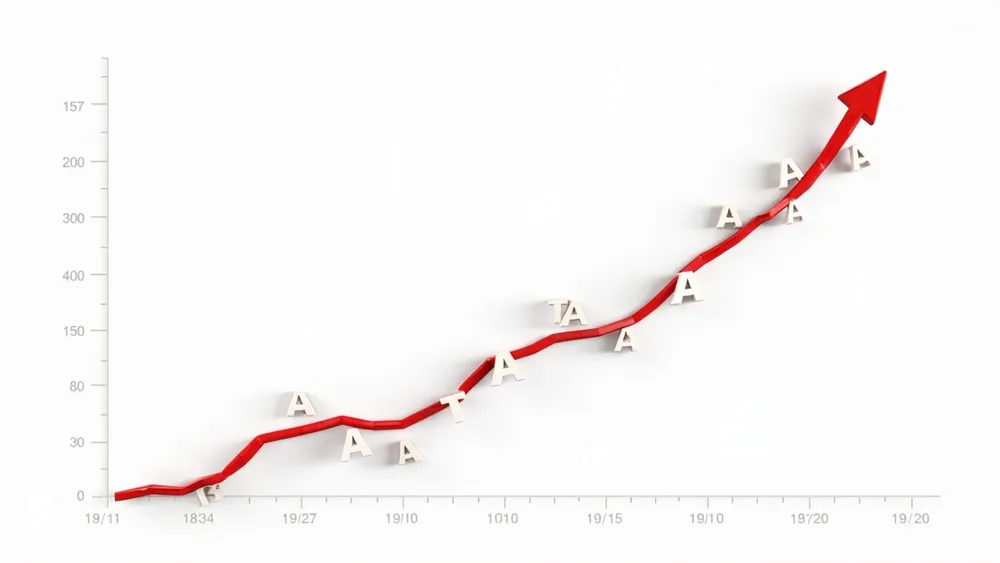CBO: Trump tax bill to increase deficits by $2.4 trillion

The recent findings from the Congressional Budget Office (CBO) regarding President Donald Trump’s proposed tax reform hold significant implications for the U.S. economy and its fiscal landscape. The CBO estimates that this tax bill will contribute an alarming $2.4 trillion to federal budget deficits over the next decade. This revelation emerges at a critical juncture, as it raises pressing questions about fiscal responsibility and long-term economic strategies. Institutional investors, particularly those with a stake in Treasury securities and stock markets sensitive to government policy, will likely recalibrate their risk assessments in light of potential fiscal instability.
The projected $3.7 trillion drop in revenues versus a $1.3 trillion reduction in federal spending sets up a precarious economic scenario, not dissimilar to the budgetary dilemmas faced during the late 2000s. Just as the 2008 financial crisis highlighted the consequences of excessive borrowing and an escalation in deficits, the current trajectory threatens to exacerbate fiscal strains amid rising interest rates and inflationary pressures. It is essential to note that this disconnect between revenues and expenditures could induce a a flight to quality among investors, particularly amid concerns over the sustainability of U.S. debt levels which could provoke volatile responses in financial markets.
The internal GOP divide on this tax bill underscores an evolving party dynamic where fiscal conservatism is being challenged by populist fiscal policy. Opposition from figures like Senator Ron Johnson and tech mogul Elon Musk may reflect a broader unease among Republicans about unrestrained spending, a sentiment that has historic precedent in their party's agenda. However, the pushback against the CBO’s estimates from Trump allies also illustrates a rising trend of skepticism towards independent economic analysis. Could this move to undermine credible fiscal evaluations inadvertently set the stage for a severe economic backlash? If the bill is approved without substantial amendments, stakeholders might witness not only ballooning deficits but also a significant distortion in corporate fiscal strategies as companies adjust to an altered economic environment.
In conclusion, the forthcoming Senate discourse over Trump’s tax bill will be critical in determining the future of fiscal policy in the United States. For institutional investors, understanding the interplay of these legislative developments amidst escalating debates over government spending is vital. Furthermore, navigating the potential implications for inflation and interest rates will be paramount. While the bill's proponents promise a robust economic stimulus, one must consider the counter-narrative—what unforeseen consequences might arise from manifesting a national policy that ignores projected revenue constraints? As we approach possible enactment, keen attention to this dialogue will illuminate broader economic trajectories in an increasingly unpredictable fiscal environment.
Read These Next

Changan Automobile Restructures as Independent Central SOE: Major Industry Shift!
Changan Automobile will restructure into an independent state-owned enterprise to enhance efficiency and competitiveness in the market.

Filinger Home Technology: Navigating a Strategic Equity Transition
This article analyzes Filinger Home Technology Co., Ltd.'s financial performance and strategic outlook following a major equity transfer. It examines key changes in ownership structure, management commentary, financial trends, risks, and the implications for future growth.

Resumed Tariff Talks: Key Moment for Global Market Investors
The commentary analyzes the significance of the renewed China-U.S. tariff talks initiated by Trump's call to Xi, exploring potential impacts on global markets and various sectors, while providing historical context and future implications.
